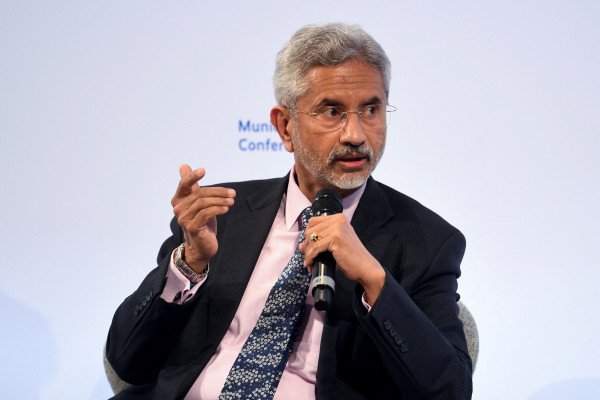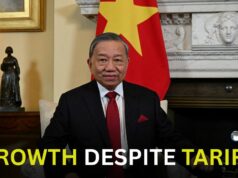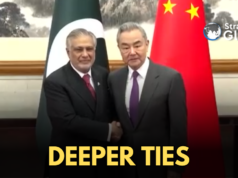In 2005 India and China agreed to be strategic partners, a country which occupies thousands of kilometres of our territory and in 2008 there were even negotiations on a preferential trading arrangement,” said Dr S Jaishankar, External Affairs Minister, speaking at the launch of a foreign affairs magazine India’s World in Delhi on Sunday.
He was making the point that with the goal of Viksit Bharat in mind, this country would have to be flexible and agile in its conduct of foreign policy.
“The foreign policy of a Viksit Bharat must be ambitious, plan ahead, over the horizon in fact, we must position ourselves with minimal baggage and the maximum of friends that makes our position optimal.”
Viksit Bharat means rising amidst uncertainty, he warned, so the government of the day must plan for difficult circumstances, therefore the need for hedging, outreach, dialogue and taking advantage of developments.
It explains India’s presence in the Quad, in the Shanghai Cooperation Organisation, the BRICS, the G7 and its leadership of the Global South.
“Nowadays there is much stress on economic diplomacy, whether in terms of technology, capital, best practices, and investment,” he said while noting the re-routing of supply chains that have the potential of aiding India’s manufacturing and technological growth.
But manufacturing has changed very much from what it was, he underscored. The Digital Era of today is very different from manufacturing, a digital property is a data emitter.
He also noted the expansion in the global workplace with Indians going abroad in record numbers. He put the figure at 34 million of which at least 18 million would be Indian nationals. That figure is going to go up dramatically, he said, which is why India is signing migration and mobility agreements with so many countries.
“There is a need to ensure that qualified Indians are differentiated from the economic refugees that are landing up in the West and their talent is finding a market in those countries.”
But even as these developments underlined the new India, Jaishankar flagged off some of India’s key foreign policy issues that have remained unresolved since independence: “We are yet to secure our borders, we are fighting terrorism a hangover of the past but still present.”
He noted that there are those who find fault or criticise the foreign policy of the day. They may say it is a departure from the Nehruvian model of foreign policy and it will be because that foreign policy was a Nehruvian construct in keeping with the circumstances and challenges of the day.
Thirty eight years in journalism, widely travelled, history buff with a preference for Old Monk Rum. Current interest/focus spans China, Technology and Trade. Recent reads: Steven Colls Directorate S and Alexander Frater's Chasing the Monsoon. Netflix/Prime video junkie. Loves animal videos on Facebook. Reluctant tweeter.





